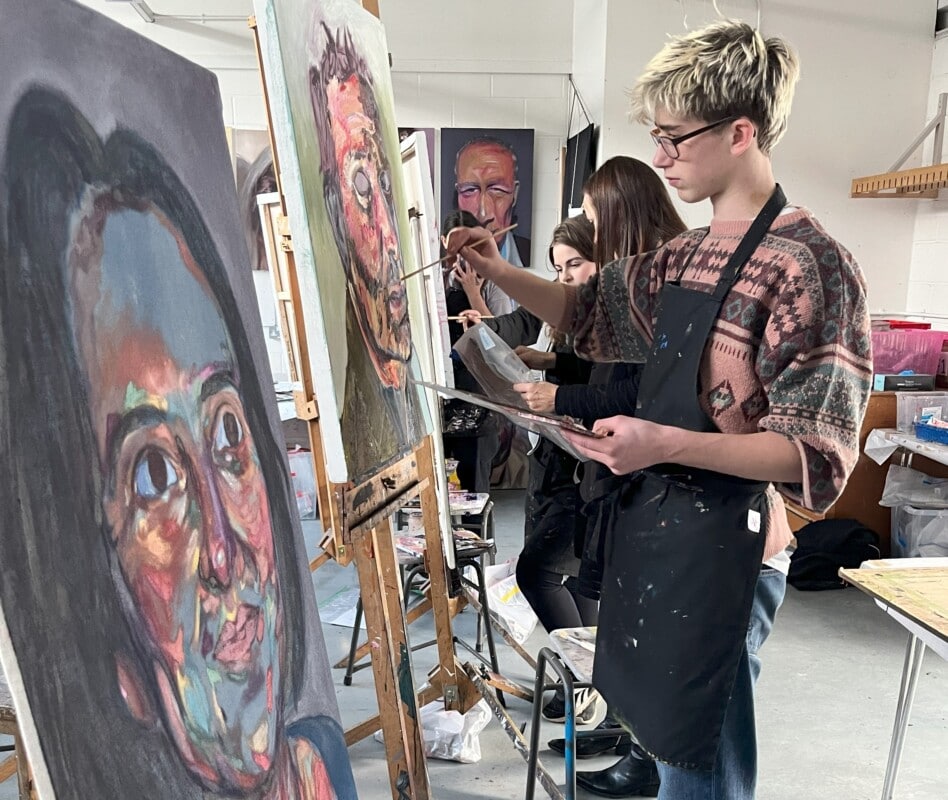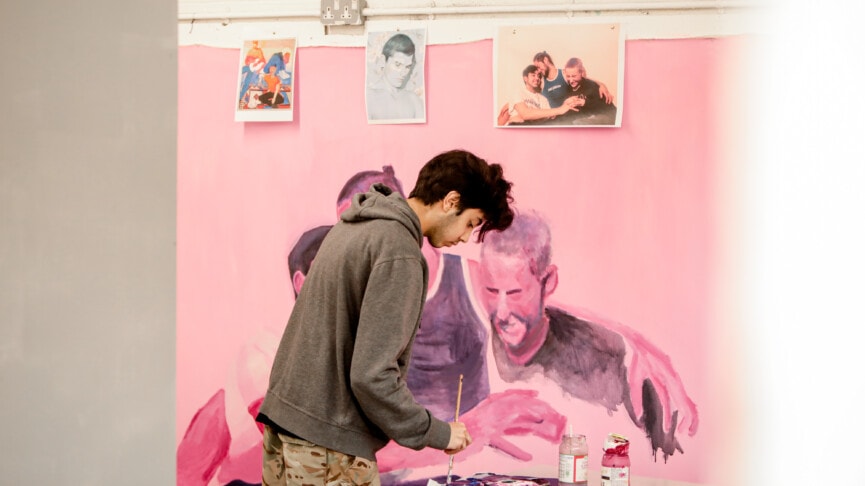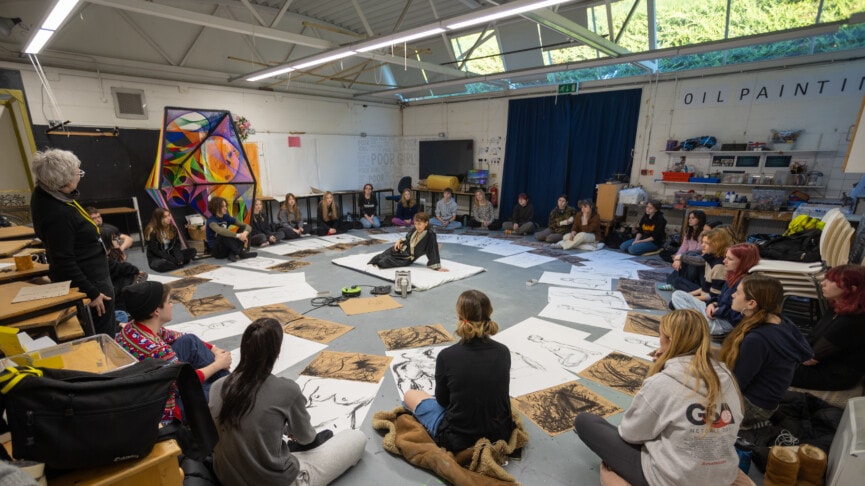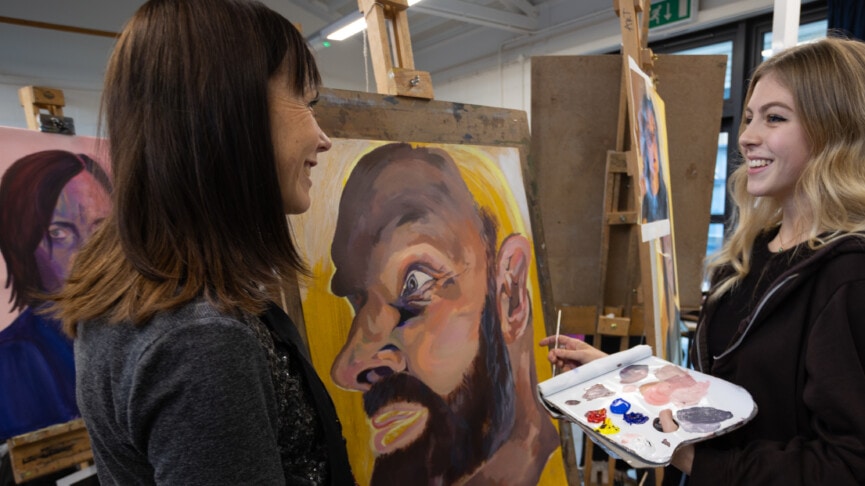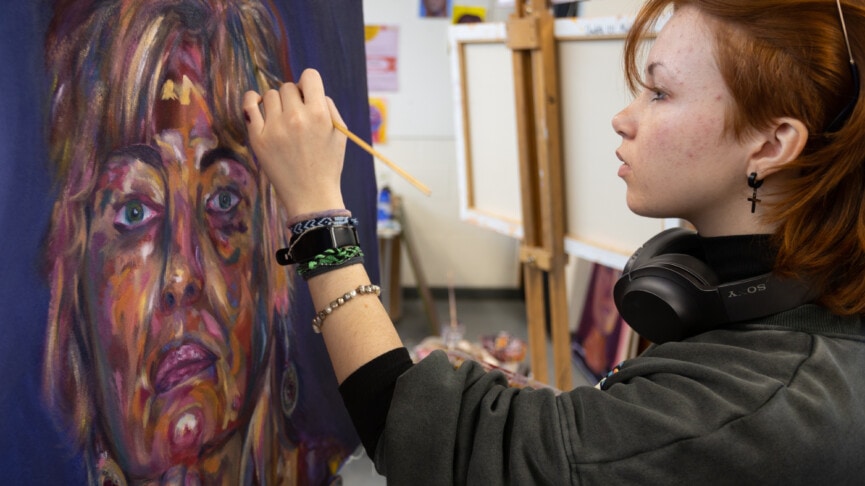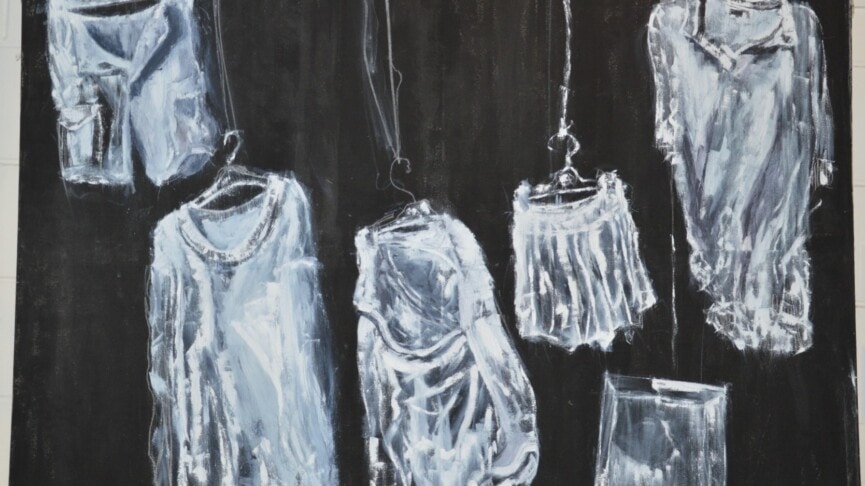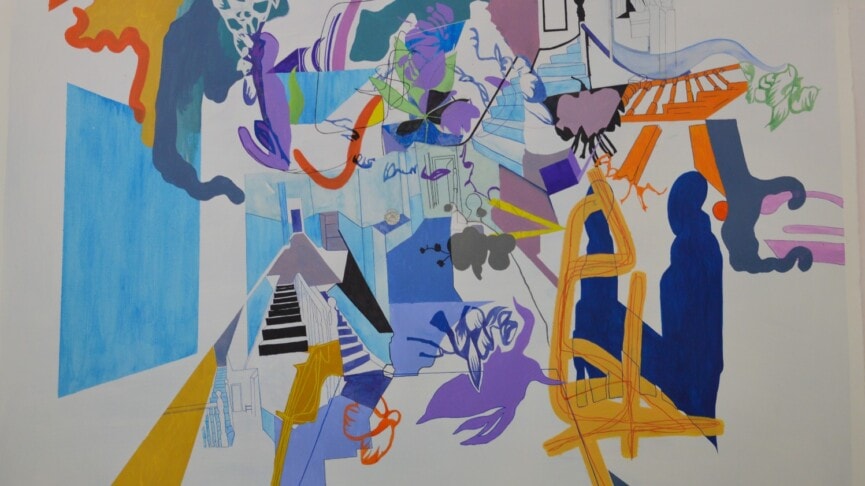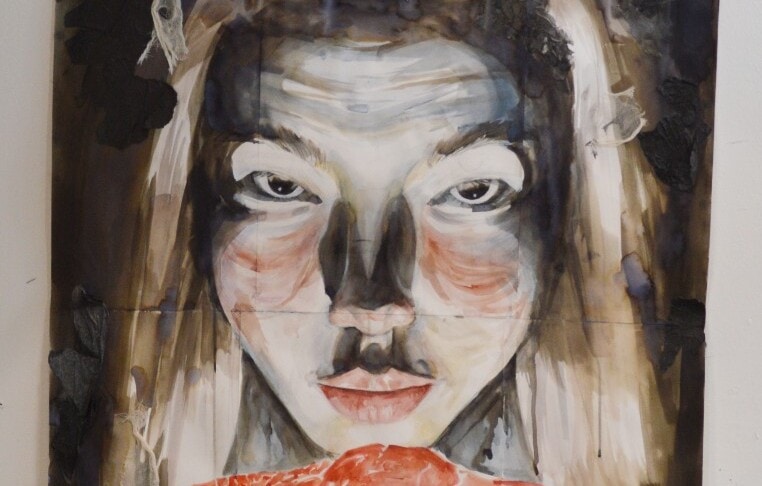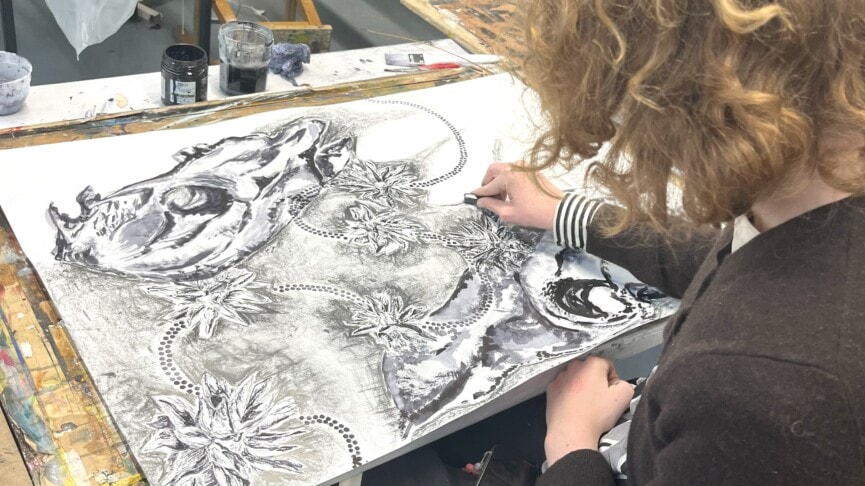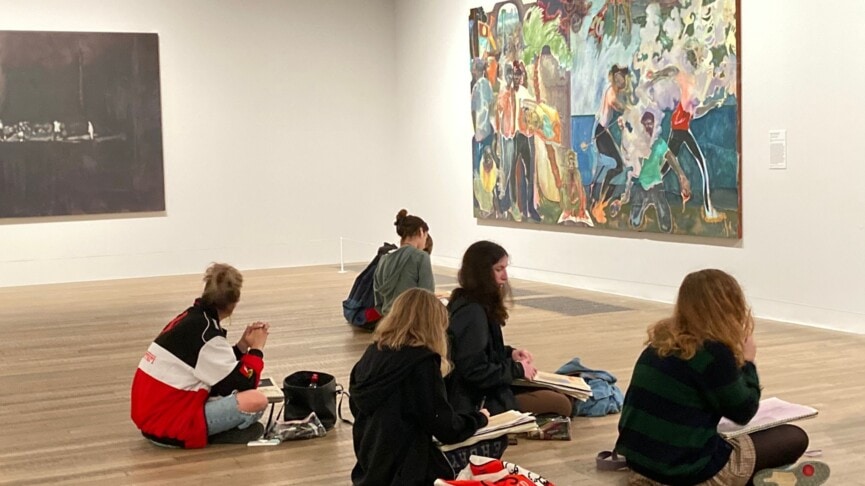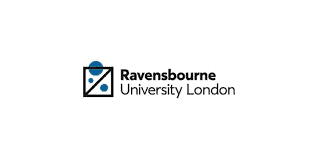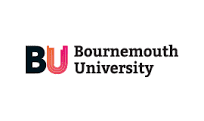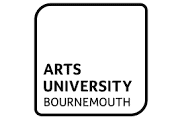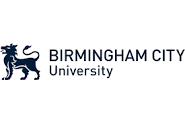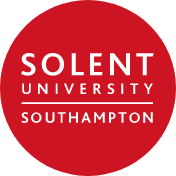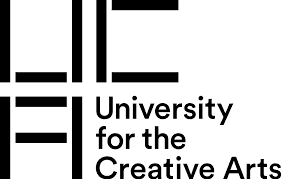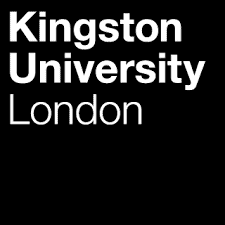Studying Fine Art A Level enables you to develop exciting and innovative visual responses to the observed world.
You will be taught to develop essential skills that will help you to challenge your own perceptions. You will also investigate different cultures, art history and other influences to inspire your work and to develop your understanding of how to generate meaning with art.
This Fine Art A Level will enable you to develop varied ideas using unexpected approaches.
In addition to the College Entry Requirements, to qualify for this course you will also need to achieve a minimum of:
• Grade 4 in GCSE Art or BTEC First/BTEC Technical /Cambridge National Level 2 Merit in an Art or a Design based course.
If you were not given the opportunity to take Art GCSE at school you will need to submit a portfolio of work at enrolment (see Portfolio Requirements), and speak to the course leader at enrolment, to ensure course suitability.
In this course, drawing from observation forms the basis of the fine art development process, from visual research to final outcomes.
You will be encouraged to experiment with the possibilities of traditional and non-traditional media in 2D and 3D. You will learn many new and challenging approaches to drawing, printmaking and painting from observed subjects and your sketchbooks will be filled with sustained and self-focused explorations as you explore the formal elements of line, tone, colour, composition, shape and texture.
Contextual understanding is vital and is developed through the individual and class study of art history, museums trips, contemporary art shows, architecture, literature and music. You will also investigate nature and the man-made world through self-devised visual research. The skills you will learn in the first year provide confidence for your second year ‘Personal Investigation’. This will enable you, with guidance, to pursue your own individual creative and visual ideas. You will develop original ideas, and by analysing and refining your work, you will work to produce ambitious, challenging and thoughtful artwork.
In addition to your practical portfolio work you will also complete a written related study.
The coursework counts to 60% of your final grade. It consists of practical artwork made in lessons, study periods and for homework throughout the two-year course. Please note, 20% of the coursework mark is based on a written essay, the ‘Related Study,’ which explores artists inspiring your own artwork for a project titled the ‘Personal Investigation’.
The ‘externally set assignment’ is an exam project which is set by the OCR exam board and is worth 40% of your final grade. You will have eight weeks of college time to create your project after choosing one of the titles from the exam paper. You will then make a final piece of artwork for the project in a 15 hour, three-day exam.
The work is marked by all the teachers and is then internally moderated by the Creative Arts Division staff, and externally moderated by the examination board.
Students who study Fine Art A Level have found it to be a real asset to their programme as it promotes critical thinking, analytical and problem-solving skills.
This course will equip you with broad transferable creative skills and can be studied alongside Photography, Fashion, 3D Design or Graphic Communication to build an excellent portfolio for application to study on an Art foundation course, Degree or apprenticeship.
It also is an excellent course to combine with subjects such as Mathematics if you are considering a career in Architecture or Engineering. It compliments well with languages as you can combine your love of literature with your art work. Studying Sciences can influence your art work and inspire investigation into making art work which explores anatomy, cell structure, plant life. You may be passionate about Politics which could be voiced through your art. Your passion for other subjects can be explored through your art work which makes most combinations of courses an exciting challenge.
It is worth noting that the workload of studying more than one practical subject should be considered, yet if you are motivated and hard working, it can be achieved.
Art (Fine Art) A Level is a highly respected qualification, with many of our students progressing onto Art degree and foundation courses.
Here are some typical destinations that our Art students go on to. Click on a destination to see some examples of courses they have taken;













































































Many of our students progress directly onto an Art Foundation course, which gives them the experience and specialist portfolio for degree course application.
Some students will also apply straight from A Level to study on a specialist degree course in a range of subjects including: Fine Art, Architecture, History of Art, Interior Design, Graphic Design, illustration, makeup and prosthetics, Game Design, Jewellery Design etc.
A Fine Art A Level can lead to a career as an Art Historian or Art critic.
What is the difference between A Level Art and BTEC Art and Design?
Art A Level is a Fine Art course. Essentially this means that unlike the BTEC course or A Level design courses, you will do no design work. You will work to themes but will choose your own subject matter and response, rather than working to a set brief, as in Art & Design or design based A Levels. On the Fine Art course emphasis is placed on developing visual language skills to a very high level.
Studying Fine Art A Level will give you the skills to develop your own personal ideas and to voice your opinions when creating original and exciting artwork. You will take inspiration from artists work, visiting exhibitions and studying the History of Art. You will create sophisticated sketchbooks which showcase your visual language skills and ability to explore and experiment with a variety of media.
What extra support/enrichment activities are on offer?
The department offers life drawing workshops. Gallery visits are also organised for all students across both years. Additional sessions exploring specialist techniques such as printmaking may also be offered. At the end of the year/course we celebrate student achievement with a large exhibition and have a prize giving/open evening.
